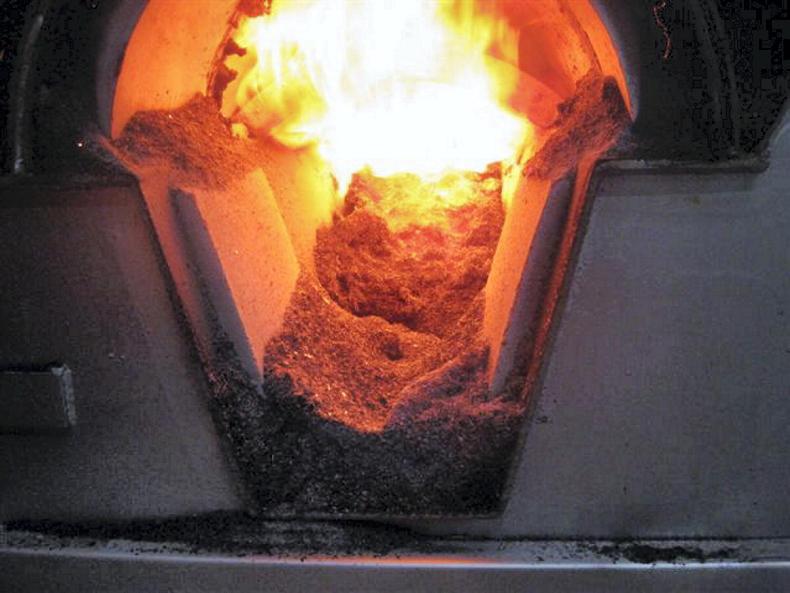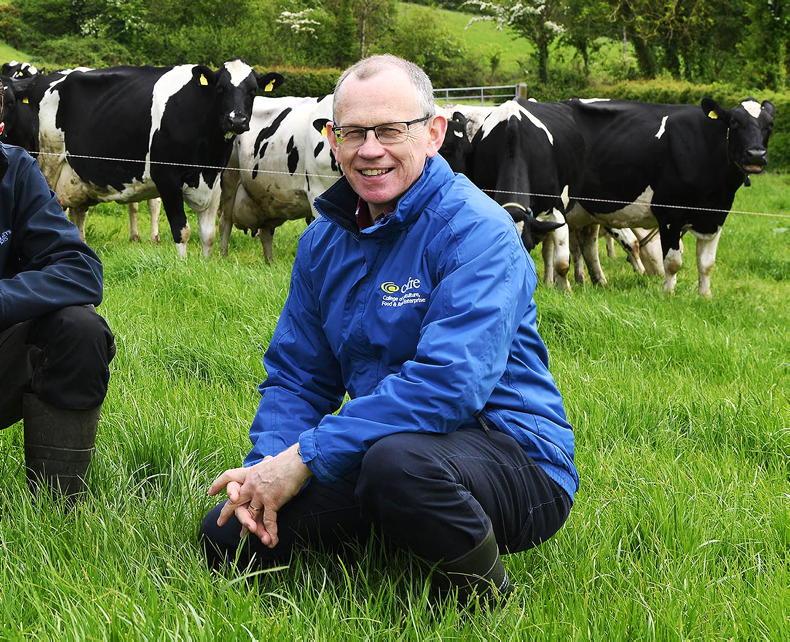The independent public inquiry into the Renewable Heat Incentive (RHI) scheme has found that the lucrative nature of the scheme was not kept secret by individuals within the public and private sectors.
“There was certainly no 'conspiracy of silence' in this regard,” the inquiry’s report reads.
The document, published on Friday, is critical of a significant number of individuals and organisations over the design and management of Northern Ireland’s botched renewable energy scheme.
Compounding of errors
However, the report states that “corrupt or malicious activity on the part of officials, ministers or special advisers was not the cause of what went wrong with the NI RHI scheme”.
Instead, the inquiry found that most of what went wrong was due to “an accumulation and compounding of errors and omissions over time”.
The inquiry was chaired by retired judge Sir Patrick Coghlin and saw 63 witnesses give oral evidence over 114 days.
The final report has 319 findings and it makes 44 recommendations.
There are few conclusions from the 656-page document which relate directly to RHI participants, many of whom are poultry farmers.
Flaws
Almost all of the report’s findings relate to the flaws in the design, oversight and closure of RHI.
“The NI RHI scheme was novel, technically complex and potentially volatile, especially because of its demand-led nature and the wide range of variables – such as fluctuating fuel costs – which could affect its operation,” the report reads.
The document states the Department for Enterprise, Trade and Investment (DETI) “should never have embarked on such a novel and complicated, demand-led scheme”.
Likewise, the inquiry’s recommendations relate to governance issues with the civil service and other government-linked bodies.
The role of special advisers to government ministers also features heavily in the report’s recommendations.
RHI legacy
The RHI scheme and its subsequent public inquiry will have a legacy among all government departments in Northern Ireland.
For example, the inquiry is critical of how civil servants are appointed to roles with little or no experience.
“A fundamental shift is needed in the approach used within the Northern Ireland civil service with regard to recruitment and selection for government jobs,” the report recommends.
Scheme participants
Responding to the publication of the RHI public inquiry report, the Ulster Farmers’ Union (UFU) highlighted how RHI participants have been affected by the scheme, particularly through cuts to previously guaranteed tariffs.
“The tariff cuts have created a massive financial black hole and farmers are struggling to find ways to subsidise uneconomic RHI boilers elsewhere in their businesses,” said UFU deputy president Victor Chestnutt.
“The report makes it clear that our members are the victims not the instigators of what has unfolded over the RHI. The actions of DfE have caused significant damage to the renewable industry and will have a lasting and detrimental impact on the uptake of future schemes,” he added.
Read more
RHI claimants prepare for latest legal battle
DfE commits to review of RHI tariffs
RHI cuts pass through Westminister
Legal action begins over new RHI cuts
The independent public inquiry into the Renewable Heat Incentive (RHI) scheme has found that the lucrative nature of the scheme was not kept secret by individuals within the public and private sectors.
“There was certainly no 'conspiracy of silence' in this regard,” the inquiry’s report reads.
The document, published on Friday, is critical of a significant number of individuals and organisations over the design and management of Northern Ireland’s botched renewable energy scheme.
Compounding of errors
However, the report states that “corrupt or malicious activity on the part of officials, ministers or special advisers was not the cause of what went wrong with the NI RHI scheme”.
Instead, the inquiry found that most of what went wrong was due to “an accumulation and compounding of errors and omissions over time”.
The inquiry was chaired by retired judge Sir Patrick Coghlin and saw 63 witnesses give oral evidence over 114 days.
The final report has 319 findings and it makes 44 recommendations.
There are few conclusions from the 656-page document which relate directly to RHI participants, many of whom are poultry farmers.
Flaws
Almost all of the report’s findings relate to the flaws in the design, oversight and closure of RHI.
“The NI RHI scheme was novel, technically complex and potentially volatile, especially because of its demand-led nature and the wide range of variables – such as fluctuating fuel costs – which could affect its operation,” the report reads.
The document states the Department for Enterprise, Trade and Investment (DETI) “should never have embarked on such a novel and complicated, demand-led scheme”.
Likewise, the inquiry’s recommendations relate to governance issues with the civil service and other government-linked bodies.
The role of special advisers to government ministers also features heavily in the report’s recommendations.
RHI legacy
The RHI scheme and its subsequent public inquiry will have a legacy among all government departments in Northern Ireland.
For example, the inquiry is critical of how civil servants are appointed to roles with little or no experience.
“A fundamental shift is needed in the approach used within the Northern Ireland civil service with regard to recruitment and selection for government jobs,” the report recommends.
Scheme participants
Responding to the publication of the RHI public inquiry report, the Ulster Farmers’ Union (UFU) highlighted how RHI participants have been affected by the scheme, particularly through cuts to previously guaranteed tariffs.
“The tariff cuts have created a massive financial black hole and farmers are struggling to find ways to subsidise uneconomic RHI boilers elsewhere in their businesses,” said UFU deputy president Victor Chestnutt.
“The report makes it clear that our members are the victims not the instigators of what has unfolded over the RHI. The actions of DfE have caused significant damage to the renewable industry and will have a lasting and detrimental impact on the uptake of future schemes,” he added.
Read more
RHI claimants prepare for latest legal battle
DfE commits to review of RHI tariffs
RHI cuts pass through Westminister
Legal action begins over new RHI cuts










SHARING OPTIONS